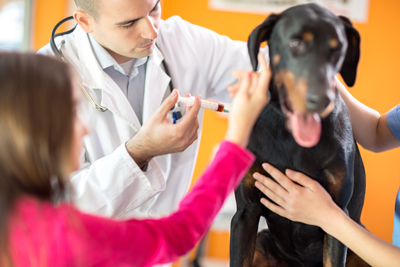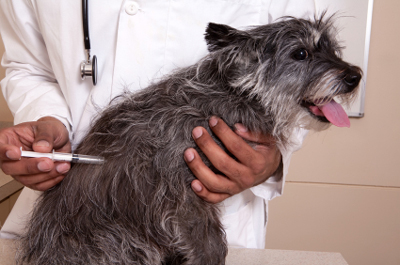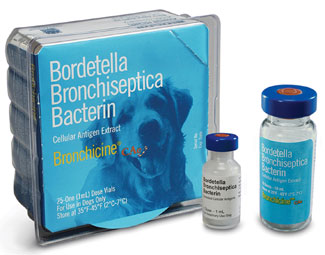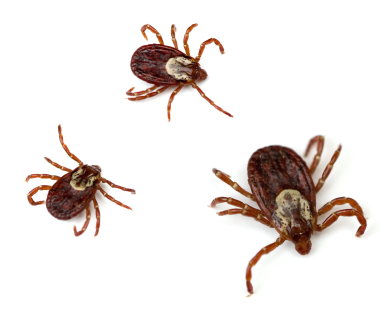General Information Vaccinating your dog is a simple procedure that is routinely done by all veterinarians. Vaccinations are safe, effective and well worth the financial commitment. Many diseases that were once considered fatal to dogs are now under control due to the use of modern vaccines. When vaccinations are administered, the body produces substances called antibodies. These antibodies are …
Parvovirus (Parvo)
Parvovirus (also known as Parvo) is a serious, highly contagious viral infection of dogs that causes vomiting and bloody diarrhea. Parvovirus is transmitted through contact with the stool of an infected dog or contaminated environment. Puppies are most susceptible to parvo infection and fatalities are extremely common. Very often, young puppies die suddenly from heart failure. This sudden death occurs …
Canine Hepatitis
Infectious canine hepatitis is a contagious viral disease of dogs, foxes and other canids. The disease should not be confused with human hepatitis, even though both diseases cause liver problems. Dogs and other canids do not transmit the disease to humans! Vaccinations are extremely effective in preventing this disease and it is rare that a vaccinated dog becomes infected. Two …
Leptospirosis
Leptospirosis is a disease that infects dogs, humans and other animals. The organism that causes the disease is a type of bacterium called spirochete. Leptospirosis is spread by recovered animals that shed the spirochete in their urine for months to years following infection. Exposure to the disease usually occurs in the environment from contaminated water, food, soil, or vegetation. The …
Kennel Cough Vaccination (Infectious Tracheobronchitis)
Infectious tracheobronchitis (kennel cough) is the name given to a contagious disease of the canine respiratory tract. The germs associated with this disease infect the cells lining the interior of the trachea (windpipe) and the bronchi (large air passages of the lungs). The disease is usually caused by a virus (parainfluenza or adenovirus type 2) associated with an infectious bacteria …
Lyme Disease Vaccination
Lyme disease affects dogs, cats, people, horses, birds, cattle, and wild animals. Although it affects a large group of animals, clinical signs are often observed only in dogs and humans. In dogs, the most pronounced symptoms of Lyme disease are sore joints, a stiff gait, and lameness. The lameness is not always pronounced and often shifts from one leg to …
Canine Coronavirus
Canine coronavirus is an acute and highly contagious intestinal disease of dogs. The disease causes depression, vomiting, and diarrhea. The symptoms are similar to canine parvovirus; however the disease is less severe and fatalities are rare. Occasionally, very young or weak puppies, as well as older geriatric dogs, become severely dehydrated and die from the disease. The majority of …
Rabies
The rabies virus can infect any warm-blooded animal, including humans. It causes a disease of the nervous system often manifested by changes in behavior followed by paralysis and death. The principal reservoirs of rabies in the United States are skunks, raccoons, bats, and foxes. Bats and skunks may shed (secrete) rabies virus in their saliva without exhibiting behavior that would …
Canine Distemper
Distemper is a common, highly contagious and often fatal disease found in dogs, wolves, coyotes, raccoons, skunks, mink and ferrets. The disease is most often seen in young, unvaccinated dogs, as well as older dogs who have not been vaccinated regularly. The period between exposure to the virus and symptoms is approximately five to nine days. Symptoms of distemper are …








